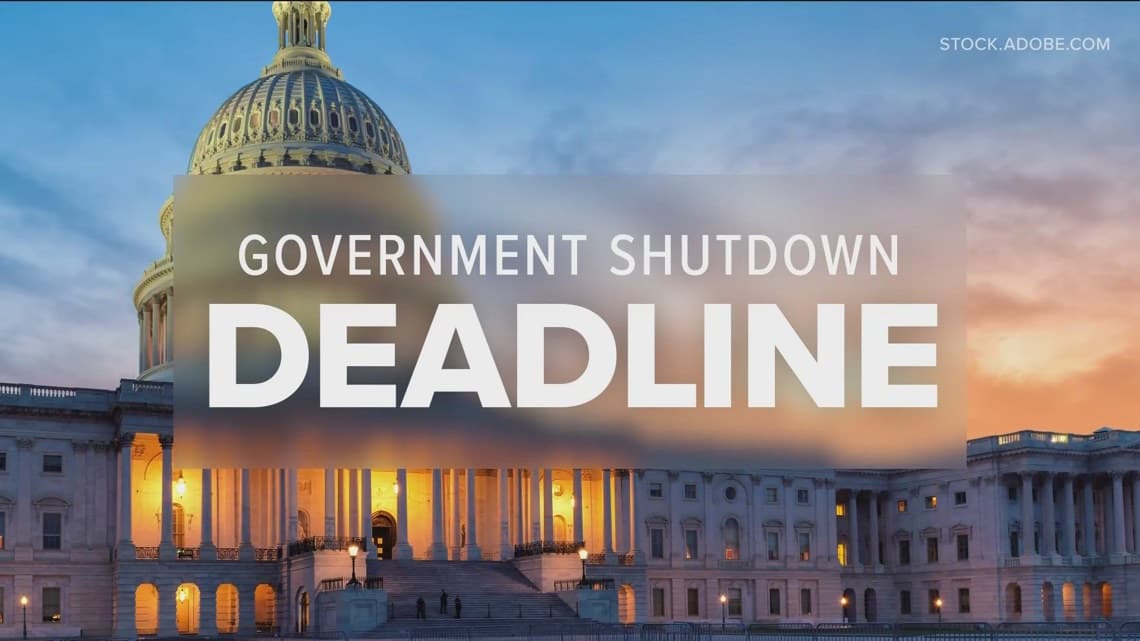Democrats Enter Manosphere, Test Outreach to Young Male Voters
Facing an urgent need to rebuild support among younger men, Democratic strategists are experimenting with engagement in online spaces dominated by the so called manosphere. The approach raises questions about messaging, policy substance, and the limits of cultural outreach ahead of the 2026 and 2028 election cycles.
Listen to Article
Click play to generate audio
Democrats are quietly adjusting their digital playbook to meet a demographic that has proven difficult to recapture in recent cycles. According to an NBC News examination, party operatives and some candidates are moving into forums and formats associated with the manosphere to connect with younger male voters who consume entertainment first and political content second.
Looking ahead to 2026 and 2028, Butterfield said that a priority “is making sure that we’re not sticking out like sore thumbs in these kind of ‘entertainment-first’ spaces.” The line captures a central tension for the party. Campaigns that try to transplant conventional policy messaging into environments designed for humor, provocation, or cultural commentary risk being dismissed as inauthentic. At the same time, ignoring those spaces cedes influence to rival movements and media ecosystems that shape political attitudes among young men.
NBC News highlighted several concrete examples of the strategy at work. One 2025 election winner who embraced this approach was New York City Mayor elect Zohran Mamdani, who gained popularity on TikTok, appeared on popular social media shows like "Subway Takes," and joined the manosphere podcast "Flagrant." His trajectory underscores the potential electoral upside of entering entertainment driven platforms. Candidates who can translate policy ideas into culturally fluent formats may broaden their reach and provide younger voters with moments of sustained attention.
Yet the strategy is not merely a matter of appearances. Butterfield pushed the conversation toward substance when she cautioned that outreach must be paired with policy offers that address voters’ underlying concerns. “We’re not going to just earn back all of these voters right away just because of their opposition to Trump. We’re going to have to make sure we are offering an alternative point of view, alternative policies that solve their economic anxieties, visions for the future, etc.,” she said. That view ties the social media gambit back to core questions of governance and party identity.
Institutionally, the move into the manosphere highlights gaps in Democratic digital infrastructure. Traditional campaign operations emphasize microtargeting and earned media, but platform cultures that reward long form banter, comedic performances, and provocative takes demand different skill sets. Parties and candidates must weigh whether to develop in house talent that can navigate those formats or to partner with creators and hosts who already command attention.
There are also political risks. Engaging with forums aligned with the manosphere can expose candidates to backlash from constituencies who view those spaces as hostile to gender equality and inclusion. For civic engagement advocates the question is whether meeting young men where they are will improve democratic participation, or whether it will normalize extreme rhetoric and erode trust in institutions.
As parties refine their strategies, the balance they strike between cultural fluency and policy clarity will matter in the electoral arithmetic. The NBC News reporting suggests that tactical experiments this cycle will be judged not only by short term engagement metrics but by whether they translate into sustained shifts in voting patterns. For Democrats, converting cultural presence into credible policy commitments may be the essential test ahead of the next presidential and midterm contests.


